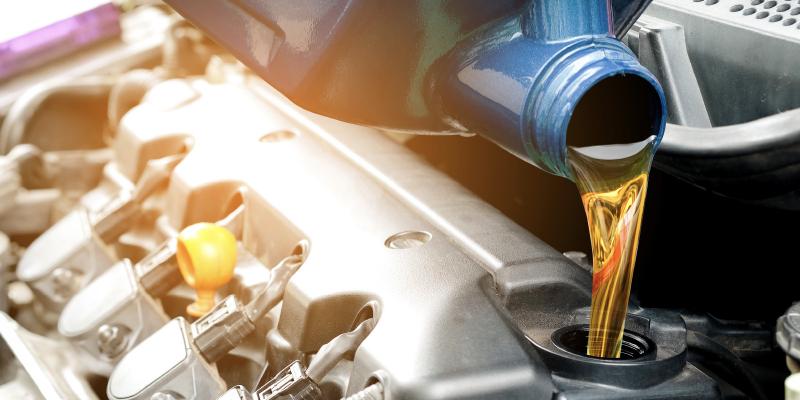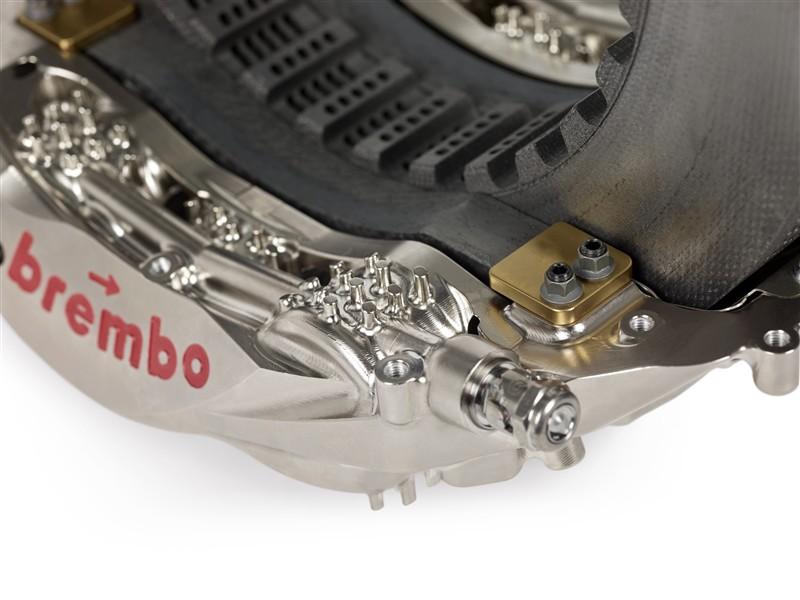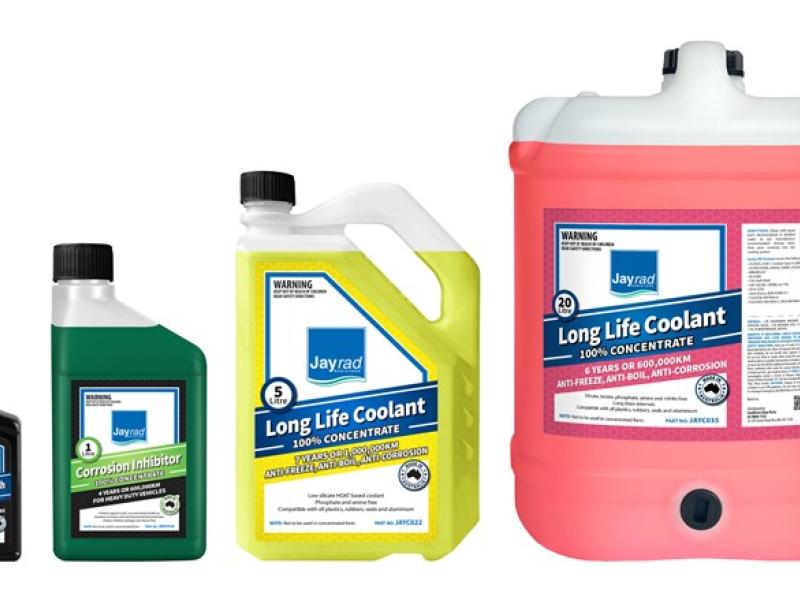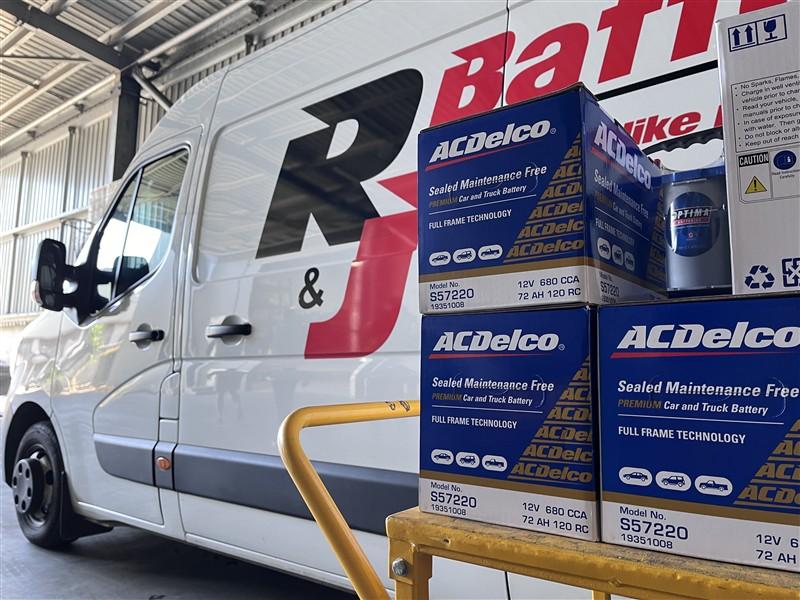vIn light of the fact that new car sales are down this year, what does this mean for the servicing industry? Opportunity, more than anything else.
Given we have had a good few years of new vehicle sales with this year being the first time the industry has seen a downturn, it’s not a huge logical leap to suppose consumers are going to be hanging onto their vehicles – and probably for a lot longer than the life of the new car warranty.
As a result, people are going to look at preserving their investment, and because the days of backyard servicing are all but dead and buried in the same backyard, there really hasn’t been a better time for service agents to buck the downward trend of new vehicle sales.
But New Zealand is not only made up of new vehicles. Although we’d all like to own the latest Tesla, BMW, Honda, Toyota, Ford et al, our economic system won’t let us.
New Zealand motorists still favour the used vehicle market – hopefully with the intention of coming up in the world, driving newer, safer and cleaner cars than what we had.
But, these cars – 14 years old on average though they may be – still require more technical nous – not to mention tools and equipment – than most people have at their disposal.
Which ‘Guy” are you?
In the course of our research for this article, we visited a number of service centres and on one visit to a general repair shop, we asked “When do people come in for servicing?”
The answer was one we could have written ourselves: “when the light on the dash goes on,’’ followed by “when the car is broken,” and the perennial favourite, “when it’s making a funny noise.” Such is the lot of the general automotive repairer.
Well, not entirely. Most general servicing shops have a good backbone of regulars, who have “brought their cars here for years,” or “I get my WoF’s here, so I might as well get the servicing done at the same time,” or “the guys are really good, I trust them and they give me a fair price,” all of which seem to be the primary reasons customers visit general repairers. What’s missing?
An acknowledgement of the skill of the general repair shop. This is not typically something customers think of when it comes to choosing a general auto repair centre.
That’s not saying general repairers don’t have a high level of expertise – they do – it’s just that customers seldom recognise it.
Sometimes you need to do a little blowing of your own trumpet when it comes to marketing and especially so, with the advent of the once-a-year Warrant of Fitness requirement.
These should have been a real curse for the general repair shop, but if handled properly, yearly Warrants do not have to adversely impact the bottom line, especially if you have a good customer retention management system in place, friendly reminders and pre-WoF check-up advisories, which can be sent out to smooth out the peaks and troughs.
You do have to be careful here though. Consumers have plenty of options when it comes to selecting a non-branded general repair centre; our advice? Look around and see why they should come to yours.
Get greedy or try to put one over on a customer saying they need this when they don’t and watch your business’s doors close quicker than Arkwright’s cash register in Open All Hours.
Double down on the dealership
But vehicle servicing is not left to the general service agents alone. Dealership servicing – as provided by service centres attached to dealerships – is also seeing growth, which is not very surprising, given the last four years in buoyant new vehicle sales.
Of course, a large percentage of the servicing comes about through new vehicle warranties, where a dealership is pretty much the only game in town for servicing, but even once a vehicle is out of warranty, more dealership service centres are finding their customers keep coming back.
We asked North Harbour Ford’s dealership service centre why this might be, and the answer was pretty predictable.
‘Customer service’ is a big drawcard and more and more dealerships are capitalising on this from point of purchase right through to vehicle disposal.
Naturally, dealerships have all the latest and greatest tools of the trade which are specific to the brand and there is also the training of the technicians, which is again, brand specific.
Many dealerships have invested in administrative resources to assist the technicians to do what they do best: fix the vehicles, but – and this is a proper Jennifer Lopez but – what is counting more and more in their favour is that the service advisors now have the time to maximise one-on-one contact with the customer.
All the backroom stuff, like sourcing and ordering parts has effectively been handed off to others or so streamlined via computer, they are no longer a barrier for the service advisors, which allows them to, well, advise on matters of service.
Facilities are another winner with dealership service centres. In North Harbour Ford’s case, it is the largest dealership service centre in Australasia and yes, size matters as the centre can accommodate all manner of vehicles from light passenger to motorhomes.
But its not all about the size. Modern dealership service centres have customer lounges cleaner than some homes and workshop floors are washed down every night so you could have breakfast on them if you wanted.
Remember, customers who are willing to service their vehicles regularly, expect the service agent to treat their valuable property with care and respect, and first impressions of a workshop really do count.
This brings us to our next drawcard, transparency – and that’s transparency in the broadest of terms – is something customers really value.
With many dealership service centres, customers can wait in a lounge and physically watch what’s going on in a modern dealership service workshop, that’s physical transparency.
They are also kept informed – before work starts – as to what the service will cost, which is financial transparency.
Dealers like to call this the ‘no-surprise experience’ or a variation on the theme, and once again, the customers appreciate it.
One dealership service centre we spoke to explained that every now and then a customer might query if this item (on the pre-work quote provided) is really necessary.
With manufacturer-based price and parts transparency working for the service centre, a simple explanation can be given and can be backed up by the manufacturer, which usually resolves that point of potential pain.
It is very hard these days for a dealership service provider to mislead the consumer into paying over the odds for servicing, though some consumers may think otherwise, which leads us back to general repairers.
Backed by brand
Now, we should qualify that there are ‘independent’ general repairers and ‘branded’ general repairers.
Branded general repairers operate under a trusted name or brand and it is these service centres which are showing significant growth.
We spoke to a group of young but earnest and obviously technicians from the one of the AA service centres who confirmed this.
Customers return to these centres because they trust the ‘owning’ brand and its independence. The customers are generally long standing, loyal and happy to accept advice which they have come to trust. Then there is the added motivation of competitive pricing.
Since the repair centre is not aligned to a specific automaker, its prices are likely to be more palatable in the eyes of the consumer.
For those motorists who have held onto a specific vehicle for much longer than they should have, the branded repair centre is likely to be more accommodating than a dealership – dealerships being more geared to contemporary models than ones two, three or five generations old.
Call in a specialist
Lastly, we have the specialist repair centres. These are tricky ones for general servicing, because it is not something the New Zealand consumer is used to. Nor can it be said that customers are used to it internationally either.
If your vehicle needs tyres, you would go to a tyre shop, which is a fair enough consideration.
Other service centres may be able to supply tyres, but the New Zealand consumer is – more often than not – a bit cynical and appreciates some things are probably best left to experts and besides, a non-specialist provider is likely to charge more for a product or service they don’t specialise in.
As it happens, modern dealership service centres and branded or independent repairers can and do offer specialist services, but given the plethora of tyre shops, brake specialists, auto electricians and even oil changing centres, its not a massive leap of logic to assume expert service providers are still in high demand.
Advice for all service centres
So, what’s the big takeaway here?
Well, the good news is there is enough of a servicing pie to go around, thanks in part to the wide and varied type of consumers we have in this country and the vehicles they drive.
What should be at the forefront of every service providers mind though, is not “how do we make ends meet?” but rather “how do we best serve our customers?” And there is no short answer to this.
One thing is certain however: the service centre which does not respond to the wants and needs of an ever-changing customer base and which seeks to continue to operate on the basis of “that’s the way I’ve always done it, so I’m not going to change” is the service centre on a fast track to collapse.
Indeed, we spoke to one service centre who has recently restructured the way he has done business in the past and while there have been some teething issues, there is a much higher level of business confidence going forward than the national surveys would suggest.
It has nothing to do with government policies or who’s in power. It’s all down to seeing a new and more streamlined approach, then putting that into practice.
North Harbour Ford’s service centre has done exactly the same thing and its reaping the rewards as can be seen by the lack of empty hoists on any given day.
Just like keeping ahead of the technology, you have to keep ahead of the customer and see your business from their point of view.
Most critically however, a service centre is dependent on one thing for growth: consumer trust, which has to be earned, but will result in more people coming to you because you are known for quality service.






